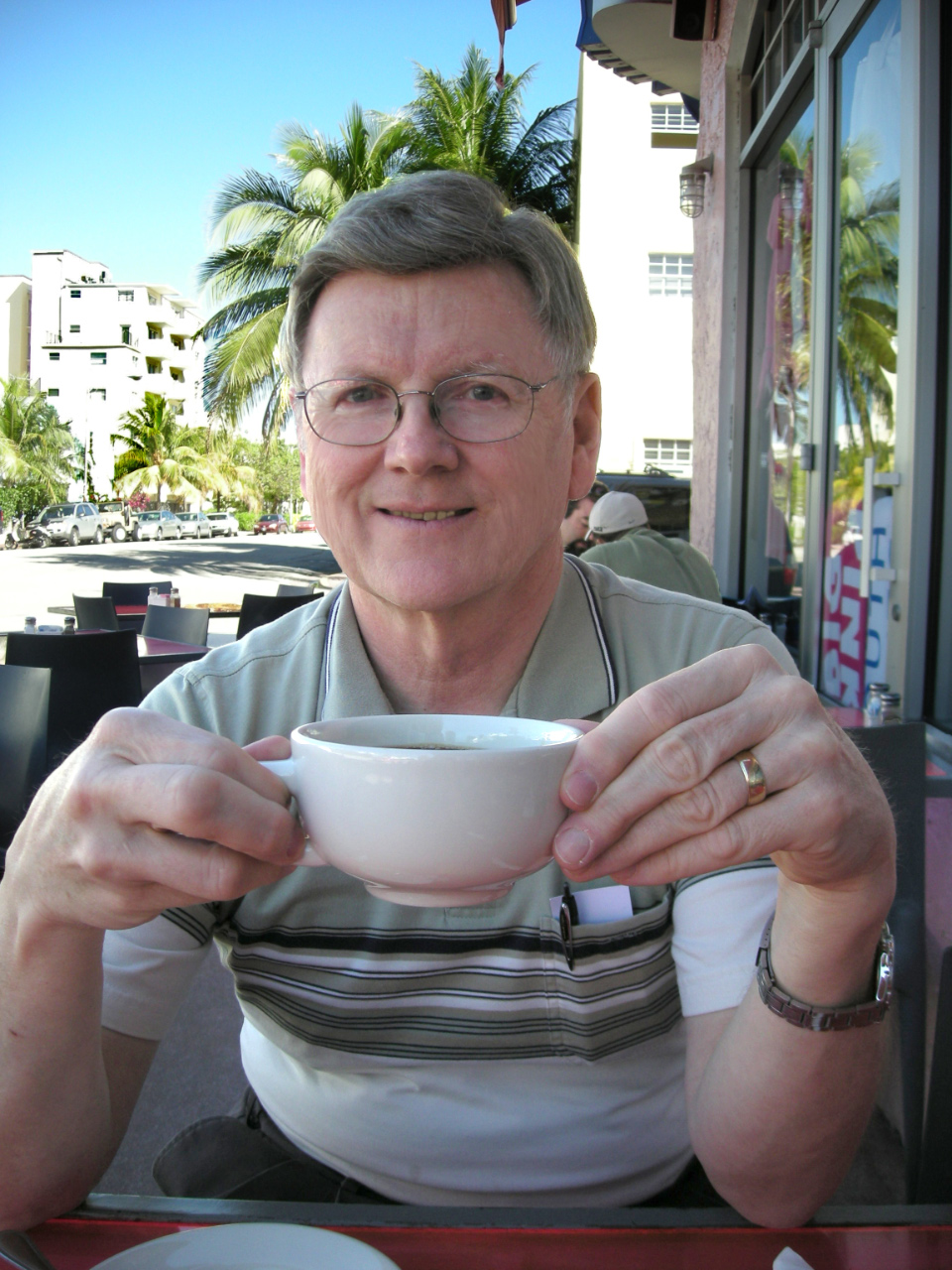Robert Gayer-Anderson (known to his friends as "John") was a British military doctor who served with the British Army in Egypt beginning about 1906. He later became a an army recruiter which entailed regular trips along the length of the Nile. This brought him into contact with people selling antiquities and souvenirs at any place the boat stopped. He developed a fondness for the oriental art and artifacts and became an extensive collector of them.
With each room of the house decorated in a unique style, the overall collection spans a wide breadth of "oriental" art. The eclectic collection includes everything from Persian painting on the door of a wardrobe to a piece from a pharonic coffin.
The rooftop features a fine collection of "mashrabiyya," the unique wooden latticework found in middle-eastern architecture and furniture.
These offer some photo opportunities for you to pose with the mashrabiyya and nearby minarets. The museum guides are good at taking photos for you.
We browsed the terrace looking for the keyhole-shaped opening where he have previously taken pictures of the Mohamnmed Ali Mosque at the Citadel.
Alas, the building boom here has added two stories to a nearby apartment and the view is no longer available. So now it just a memory. But it did look like this:
Back on the ground level, the main reception room features beautiful tile work. If that room looks vaguely familiar to you, it might be because it was featured in "The Spy Who Loved Me," a James Bond movie with several Egyptian scenes that casually merge the Cairo and Luxor landscapes.





1 comment:
Too bad that keyhole window no longer offers such a great view - and photo opportunity. But your photos are great, anyway!
Post a Comment